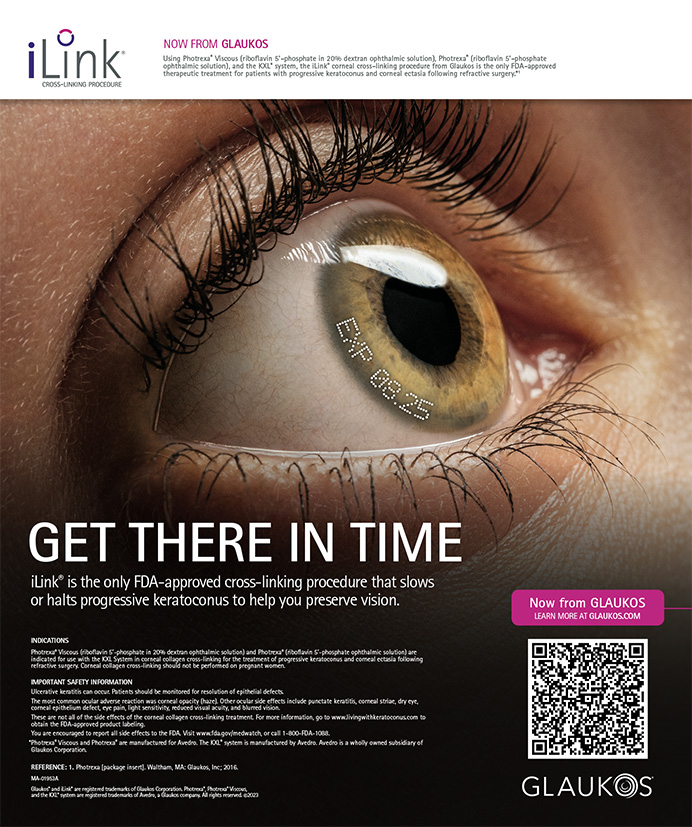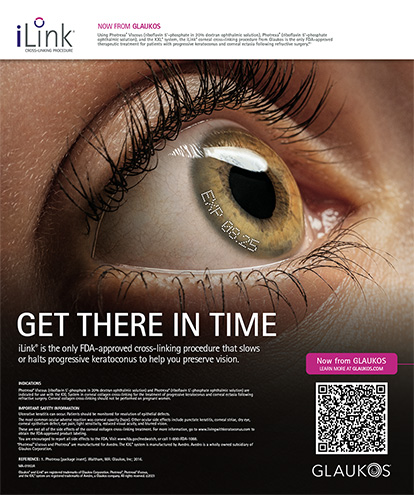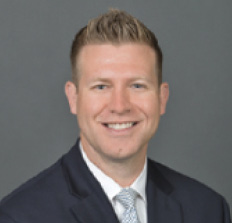
I do not claim to be an expert on leadership, but I have been studying it for about 10 years, since I finished residency. Before then, I had little to no insight into my leadership deficits, and I did not even consider leadership to be a topic worthy of study. My philosophy was that the position and responsibility of a leader were awarded through achievement and title. As a newly board-certified ophthalmologist, I felt I had paid my dues through years of hard work and study. As I climbed the rungs of the professional ladder, I felt deserving of respect, deference, and allegiance from those who worked with and for me.
Looking back at that time in my career, I see both my sense of entitlement and my simultaneous awkwardness in delegating responsibilities, especially to employees who were older than I was. That combination created inconsistent expectations and frustrations among those who were trying to help me. Add the stresses of medical practice into this dynamic, and it was a recipe for disaster. Thankfully, I have worked with some of the kindest people on the planet. From front office staff to technicians, nurses, scrub techs, billing staff, managers, and fellow physicians, a great cast of people has given me the necessary grace and space to develop leadership qualities.
BOOKS THAT INSPIRE
Two obstacles to learning the principles of leadership are that great leaders seem to lead others effortlessly and that selection bias typically weeds out bad leaders. Two books that help us to understand the secrets of great leaders are Above the Line by Ohio State football coach Urban Meyer and Extreme Ownership by Navy Seal legends Jocko Willinck and Leif Babin.
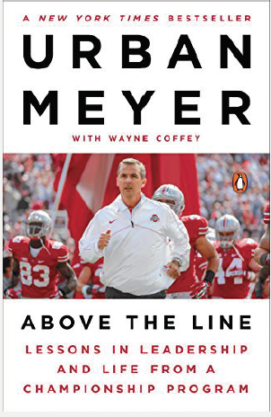
Above the Line.
As a lifelong University of Michigan football fan, I was strongly biased against reading Meyer’s book; however, his lessons are simple, practical, and straightforward to implement. The book provides guidance on setting expectations for leaders and their staff. Meyer outlines below the line leadership attributes as performing on autopilot, lacking intentionality, and having a laissez-faire attitude about important duties. Above the line leadership attributes include being purposeful, overachieving, showing up early, and giving more than is required.
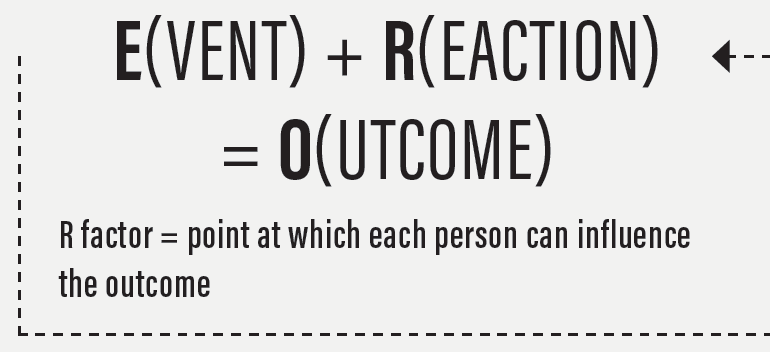
When an above-the-line culture is created within each division of an organization, the whole organization will succeed. One key to developing this culture, Meyer explains, is to show each person that he or she has a measure of control over every outcome. Meyer refers to the formula E + R = O, which stands for event + reaction = outcome. The R factor, as it is called, is the point at which each person can influence the outcome. No matter how chaotic the day, how a leader responds to that chaos—both in attitude and action—will affect the outcome. Leaders need to own the R factor if they expect to create a winning culture.
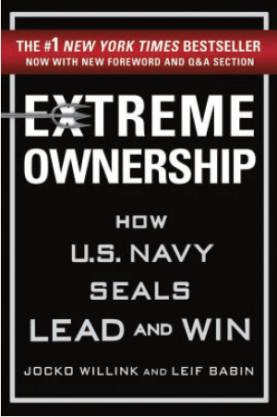
Extreme Ownership.
In his book and associated TEDx talk (bit.ly/0519Wortz), Willinck describes a situation in which the fog of war (ie, chaos), poor timing, poor execution, and poor communication, along with some bad luck, caused an exchange of friendly fire that resulted in the death and injury of some of his troops. In his postmortem report detailing the incident, Willinck was asked to identify all the individuals who were responsible for the friendly fire. Despite his subordinates’ mistakes, he decided that, as their leader, any action they took was ultimately his responsibility because he must not have properly instructed them or impressed upon them the importance of their jobs.
This action of taking responsibility informed the chief master sergeant that he had an honest man reporting to him, and Willinck showed his troops that he was a man of intense character—someone who had earned their respect and for whom they would willingly risk their lives. The concept of extreme ownership crystallized for the author in that moment: Blaming others may be justified in some situations, but recognizing responsibility as a leader is much more important.
LEADERSHIP IN OPHTHALMOLOGY
Ophthalmologists face incredibly complex situations every day. The fog of war rolls into our clinic lanes and ORs far too regularly. We have processes in place to help us manage these situations and limit our potential for poor outcomes, but blind spots remain.
A few months ago in our clinic, a VIP patient had a special request for cataract surgery that should have been easy to deliver. (Given the nature of the case, I can’t disclose the details.) As part of our process, the nurses in our preoperative area briefed the scrub techs and circulating nurses on the surgical plan, including any special instructions. Despite the various layers of checks involved, the special request was missed. Because I was not made aware of the special request, and because I had not made myself aware of it through a thorough review of the plan, I also missed it. As soon as the nurse recognized her error, she approached me and explained what had happened. It was too late; the error had already been committed. Rather than blame her for her part in the chain of events, I reassured her that every patient I operate on is my responsibility.
There are opportunities for others on my team to help me avoid mistakes, but I must be the last line of defense. I must be willing to bear the full load of responsibility for each surgery. The incident described here was no exception. I thanked the nurse for her honesty and encouraged her to “keep fighting the good fight.” I think she expected to be admonished rather than reassured. She is a great nurse, and I knew she was trying. I knew I could trust her to tell me the truth rather than cover up a mistake or shift blame. I don’t need perfect people to work with, but I do need honest ones. Since that time, she has been extremely diligent and has been a champion for finding errors and correcting them proactively. What a positive outcome.
BUILD CREDIBILITY AND TRUST
It is important that our staff see how we handle delicate situations with patients and families; employees are looking to see if we are honest or if we conveniently lie about what happened. Will we throw them under the proverbial bus?
Extreme ownership is equally influential here. After the surgery in the case I described earlier, which thankfully was successful and uncomplicated, I explained to the patient that I had missed his special request. I did not implicate any of the staff in the incident. It was my error, and I owned it. The patient and his family were gracious and appreciative of my honesty. Ultimately, the patient had a fantastic outcome and allowed me to operate on his second eye as scheduled.
This case is a great example of how extreme ownership helps to build trust with a patient in whom credibility may be at risk. The same could be said of the nurse who admitted her mistake and was encouraged rather than reprimanded.
CONCLUSION
This article scratches the surface of leadership principles, but I should emphasize the point that leadership has nothing to do with a title. We can’t make people follow us. The only thing we can do is strive to be people worthy of being followed, and that starts and stops with servant leadership. If we lead by example, control our reactions, and operate above the line, our staff, colleagues, friends, and others will help grow our spheres of influence, and we will start to see a positive impact on our practices. In addition to helping my patients see better, I hope that, in my career, I can help the people whom I lead to see the best in themselves.



